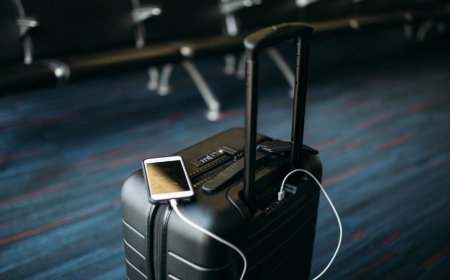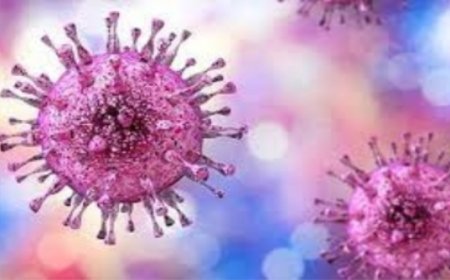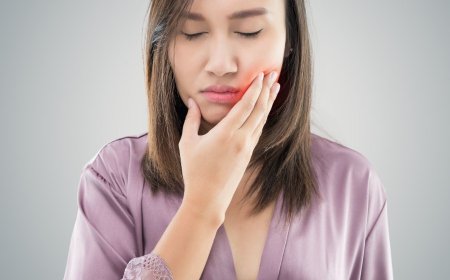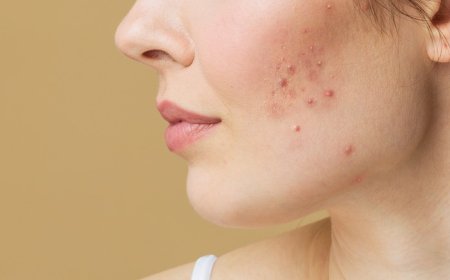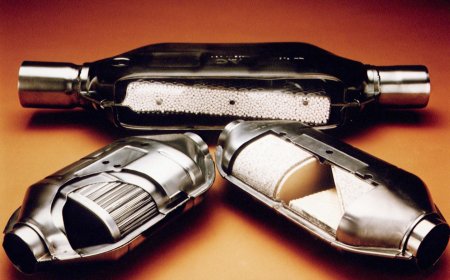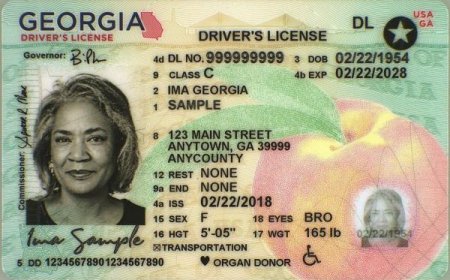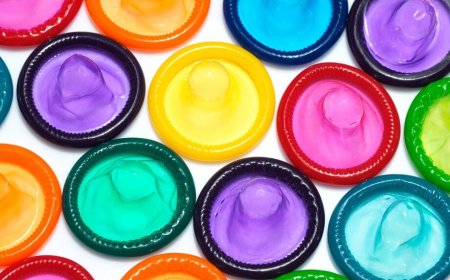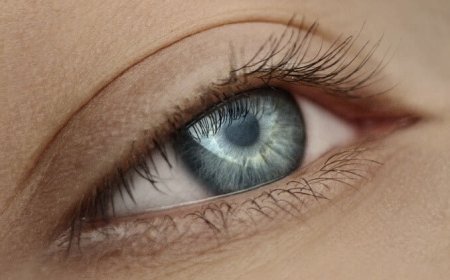Natural Remedies for Fungal Acne: Home Remedies that Actually Work
Natural Remedies for Fungal Acne: Home remedies to get rid of fungal acne, including tea tree oil, apple cider vinegar, bentonite clay, and coconut oil.

Natural Remedies for Fungal Acne: Home Remedies that Actually Work
Fungal acne is a common skin condition that can cause red, bumpy, and itchy skin. It is often mistaken for regular acne, but it is caused by a different type of bacteria. It can be difficult to treat, but there are a number of natural remedies that can help.
What is fungal acne?
It is a type of acne that is caused by a fungus called Malassezia. This fungus is naturally found on the skin, but it can overgrow and cause acne when the skin is oily, humid, or sweaty. It is most common on the chest, back, and shoulders, but it can also occur on the face.
There are a number of factors that can contribute to the development of this kind of acne, including:
- Warm, humid weather
- Sweating
- Wearing tight-fitting clothing
- Using oil-based cosmetics
- Taking antibiotics
- Having a weakened immune system
Symptoms
Its symptoms are similar to those of regular acne, but there are some key differences. It is often characterized by:
- Small, red bumps that are often itchy
- Pimples that are filled with white or yellow pus
- Skin that is red, inflamed, and scaly
- Skin that is oily and greasy
- Skin that is tender to the touch
- Skin that is painful
It can occur anywhere on the body, but it is most common on the chest, back, and shoulders. It can also occur on the face, neck, and scalp.
How to treat
There are a number of ways to treat, including:
- Over-the-counter (OTC) medications: There are a number of OTC medications that can be used to treat fungal acne. These medications typically contain antifungal ingredients, such as ketoconazole or miconazole.
- Prescription medications: If OTC medications are not effective, your doctor may prescribe a stronger medication. These medications may contain stronger antifungal ingredients, or they may be combined with other medications, such as antibiotics.
- Home remedies: There are a number of home remedies that can be used to treat fungal acne. These remedies include:
- Tea tree oil: The Australasian College of Dermatologists suggest that tea tree oil may improve moderate cases of acne.Tea tree oil is a natural antiseptic that can help to kill the fungus that causes it.
- Apple cider vinegar: Apple cider vinegar has antifungal and antibacterial properties that can help to treat it.
- Bentonite clay: Bentonite clay is a natural absorbent that can help to remove excess oil and dirt from the skin, which can help to prevent it from forming.
- Coconut oil: Coconut oil has antifungal properties that can help to treat this kind of acne. One of the innumerable benefits of virgin coconut oil is its antifungal nature. Regular application to the affected areas can prevent the growth and spread of the fungus on your skin.
Prevent
There are a number of things you can do to prevent it, including:
- Keep your skin clean and dry after bathing or exercising.
- Avoid using harsh soaps or detergents.
- Wear loose-fitting, breathable clothing made of breathable fabrics.
- Avoid sweating excessively.
- Use a humidifier in dry climates.
- Avoid touching your face throughout the day.
- Change your pillowcase and towels frequently.
- Avoid using oil-based cosmetics and hair products.
- Wash your face twice a day with a gentle cleanser.
Foods that can Help Prevent:
- Probiotic-rich foods. Probiotics are live bacteria that are good for your gut health. They can help to keep your skin healthy by fighting off harmful bacteria and fungi. Some good sources of probiotics include:
- Yogurt
- Kefir
- Sauerkraut
- Kimchi
- Antifungal foods. Some foods have natural antifungal properties that can help to fight off the fungus that causes acne. Some good sources of antifungal foods include:
- Garlic
- Ginger
- Oregano
- Thyme
- Anti-inflammatory foods. Inflammation can play a role in the development of acne. Eating anti-inflammatory foods can help to reduce inflammation and improve skin health. Some good sources of anti-inflammatory foods include:
- Fruits, such as berries, apples, and oranges
- Vegetables, such as leafy greens, broccoli, and tomatoes
- Fatty fish, such as salmon, tuna, and mackerel
- Water. Staying hydrated is important for overall health, and it can also help to keep your skin healthy. Water helps to flush out toxins and keep your skin hydrated, which can help to prevent acne.
- Healthy fats. Healthy fats are essential for good skin health. They help to keep your skin hydrated and protected from damage. Some good sources of healthy fats include:
- Avocados
- Nuts
- Seeds
Here are some additional tips for preventing:
- Use a dandruff shampoo on your scalp and chest. Dandruff shampoos contain antifungal ingredients that can help to kill the fungus. You can also use tea tree oil Shampoo. Tea tree oil is a natural remedy that has been used for centuries to treat a variety of skin conditions.
- Avoid using products that contain oil or grease. Oil and grease can create a breeding ground for the fungus.
- Avoid wearing tight-fitting clothing. Tight-fitting clothing can trap sweat and moisture, which can also create a breeding ground for the fungus.
- Make sure your skin is clean and dry after you shower or exercise. Sweat and moisture can create a breeding ground for the fungus.
- Avoid touching your face throughout the day. Your hands can pick up dirt and oil, which can transfer to your face and lead to this kind of acne.
- Change your pillowcase and towels frequently. Pillowcases and towels can harbor the fungus.
It is important to see a doctor to get a proper diagnosis and treatment. It can be difficult to treat, but there are a number of effective treatments available. It is also important to note that this skin condition is not contagious.
It is a common skin condition that can be difficult to treat. However, there are a number of natural home remedies that can help to relieve the symptoms and speed up the healing process.
Some of the most effective natural remedies:
- Tea tree oil: Tea tree oil is a natural antiseptic that can help to kill the fungus. It can be applied topically to the affected area, or it can be diluted with water and used as a face wash.
- Apple cider vinegar: There are several health benefits of using apple cider vinegar. Apple cider vinegar has antifungal and antibacterial properties. Apple cider vinegar can be applied topically to the affected area, or it can be diluted with water and used as a hair rinse.
- Bentonite clay: Bentonite clay is a natural absorbent that can help to remove excess oil and dirt from the skin, which can help to prevent it from forming. Bentonite clay can be applied to the affected area as a mask, or it can be added to a bath.
- Coconut oil: Coconut oil has antifungal properties. Coconut oil can be applied topically to the affected area, or it can be used as a moisturizer.
- Honey: Honey is a natural humectant that can help to keep the skin hydrated. Honey can be applied to the affected areas of the skin topically.
- Oatmeal: Oatmeal is a natural anti-inflammatory skin care that can help to soothe and calm the skin. Oatmeal can be made into a paste and applied to the affected areas of the skin.
- Baking soda: Baking soda is a natural exfoliator that can help to remove dead skin cells and excess oil from the skin. Baking soda can be mixed with water to form a paste and applied to the affected areas of the skin.
Here are some of the side effects of using natural remedies:
- Irritation. Some natural remedies, such as tea tree oil and oregano oil, can be irritating to the skin. It is important to test them on a small area of skin before using them on a larger area.
- Allergies. Some people may be allergic to natural remedies, such as tea tree oil and oregano oil. It is important to check for allergies before using them.
- Dryness. Some natural remedies, such as baking soda, can dry out the skin. It is important to use them in moderation and to moisturize the skin regularly.
It is important to note that not all natural home remedies will work for everyone. If you are not sure which remedy is right for you, it is best to consult with a doctor or dermatologist.
If you are experiencing this kind of acne and weight loss, it is important to take steps to prevent it from recurring. Some of the best ways to prevent:
- Keeping your skin clean and dry: This will help to remove excess oil and dirt from the skin, which can create a breeding ground for the fungus.
- Avoiding harsh soaps and detergents: Harsh soaps and detergents can strip the skin of its natural oils, which can make it more susceptible to this kind of acne.
- Wearing loose-fitting, breathable clothing: Tight-fitting clothing can trap sweat and moisture, which can also create a breeding ground for the fungus.
- Avoiding sweating excessively: Sweating excessively can create a breeding ground for the fungus. If you must sweat, be sure to shower and change clothes as soon as possible.
- Using a humidifier in dry climates: A humidifier can help to add moisture to the air, which can help to prevent the skin from becoming dry and irritated.
- Avoid touching your face throughout the day: Your hands can pick up dirt and oil, which can transfer to your face.
- Changing your pillowcase and towels frequently: Pillowcases and towels can harbor the fungus.
Here are some additional tips:
- Choose products that are labeled "fungal acne safe." These products will not contain ingredients that feed the Malassezia yeast, such as oil, sugar, and dairy.
- Avoid using products that contain alcohol, as this can dry out the skin and make it worse.
- If you have oily skin, use a mattifying primer or powder to help absorb excess oil.
- If you have dry skin, use a hydrating moisturizer to help keep your skin hydrated without clogging pores.
- Wear sunscreen with an SPF of 30 or higher every day, even on cloudy days.
- See a dermatologist if this kind of acne is severe or does not respond to home treatment.
By following these tips, you can help to prevent it from forming and recurring.
In conclusion, there are a number of natural home remedies that can be used to treat fungal acne. These remedies include tea tree oil, apple cider vinegar, bentonite clay, and coconut oil. If you are not sure which remedy is right for you, it is best to consult with a doctor or dermatologist.
What's Your Reaction?















